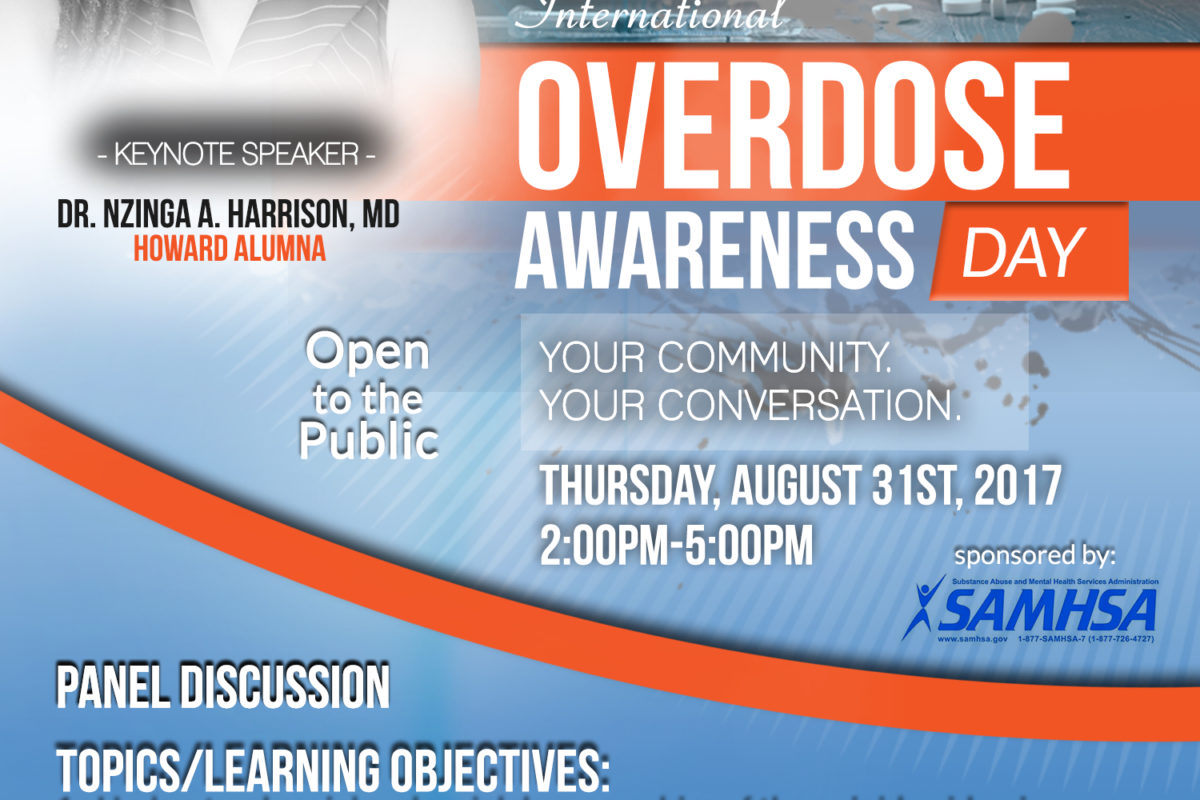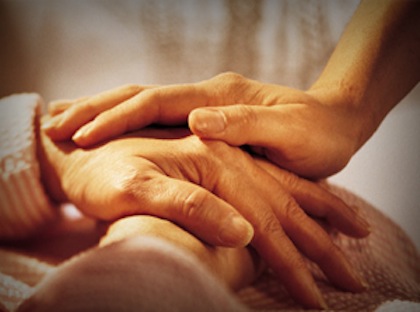The Bizzell Group Supports International Overdose Awareness Day
Lanham, MD – The Bizzell Group (Bizzell) – International Overdose Awareness Day is a global event held on August 31st each year and aims to raise awareness of overdose and reduce the stigma of drug-related deaths. It also acknowledges the grief felt by families and friends remembering those who have met with death or permanent injury because of drug overdose.
Opioid addiction is a problem with far reaching costs to individuals, families, communities, and to society. According to the American Society for Addiction Medicine, drug overdose is the leading cause of accidental death in the United States, with 52,404 lethal drug overdoses in 2015. Opioid addiction is driving this epidemic, with 20,101 overdose deaths related to prescription pain relievers, and 12,990 overdose deaths related to heroin in 2015. The government’s annual drug death statistics for 2016 will not be available until the late 2017, but experts predict sharp increases driven by the worsening opioid crisis.
Bizzell’s work includes projects that support the treatment of addiction, drug use, drug misuse, and overdose. Through the firm’s work with the Substance Abuse and Mental Health Services Administration (SAMHSA), Bizzell offers workforce competency efforts for pain management and addiction professionals with the development and implementation of multifaceted initiatives and strategies to address opioid use disorder and related conditions.
Bizzell also offers training for medical and other professionals through a 7-hour workshop, Effective Use of Medication Assisted Treatment in an Opioid Dependent Population. The goal of the training is to provide the clinical and administrative staff of opioid treatment programs (OTPs) with up-to-date information and guidance in the treatment of opioid use disorders, including the effective use of the currently approved medications, such as methadone, buprenorphine, and naltrexone.
“The devastating role that addiction and substance use disorders play in our society cannot be overstated. If you are not personally affected by alcohol, tobacco, prescription drugs containing opiates or other drugs, then I’m certain that you know someone who is. Substance use disorders do not discriminate; no demographic or group is immune or exempt from it. It affects us all.”
– Dr. Anton Bizzell, President and CEO
International Overdose Awareness Day will be marked throughout the world with various public events and presentations. In Washington, D.C., Dr. Nzinga Harrison’s lecture Your Community. Your Conversation, will take place at Howard University Hospital Tower Auditorium, 2041 Georgia Ave NW, from 2:00 pm – 5:00 pm on Thursday, August 31st.




